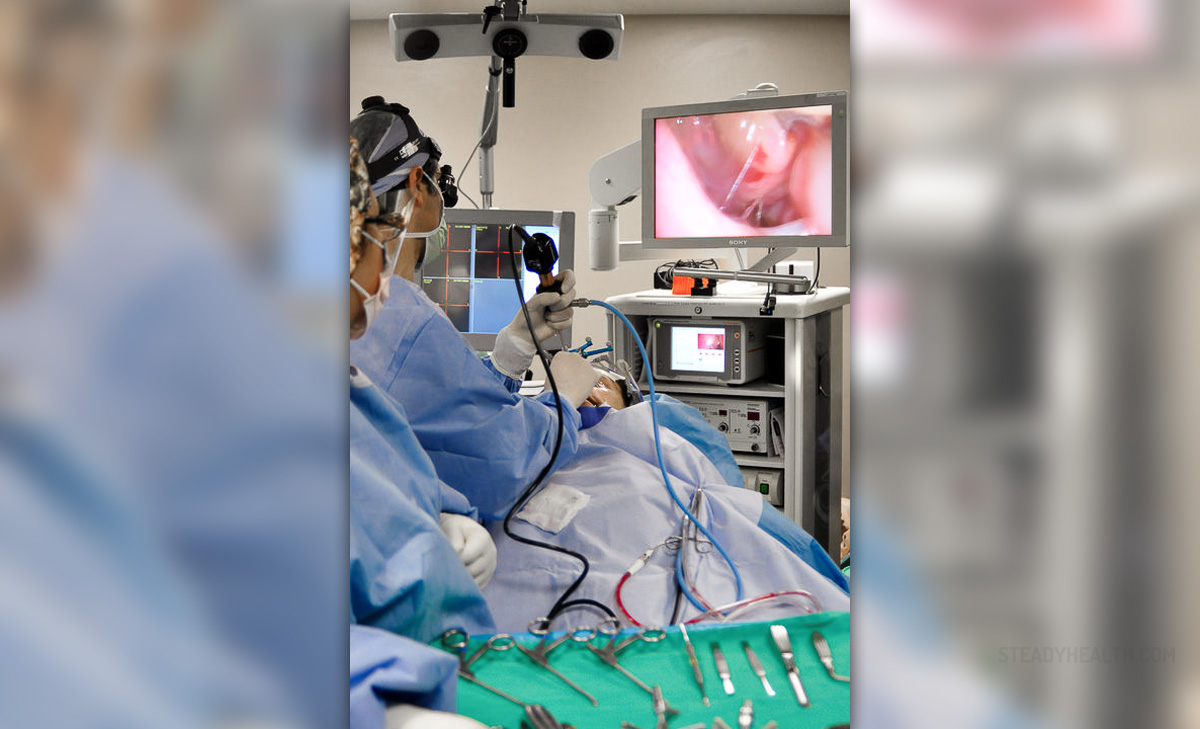
Endoscopic sinus surgery is an excellent surgical method for chronic sinus conditions. Basically, it is applied in those people who have not responded to the medicamentous therapy. The symptoms of sinus inflammation include facial pain and headaches, problems with breathing through the nose, foul odor in the nose, postnasal dripping of the discharge and feeling of pressure inside the sinuses. The diagnosis can be set after thorough examination and certain imaging methods of the sinuses. Simple X ray of the sinuses can confirm or rule out the problem.
Chronic sinusitis does not require surgical procedure right away. Even chronic inflammation can be successfully treated with medications. Medications are rather helpful in infections and allergies. Even people who used to smoke, may feel the alleviation of the symptoms of chronic sinusitis as soon as they quit smoking.
If the chronic sinus inflammation or infection cannot be brought under control a patient's only option is surgery.
Endoscopic Sinus Surgery
The patient needs to consult a specialist and the consultation starts with reporting all the symptoms which have been bothering the patient. The patient is due to enclose all the previous X rays of the affected sinus. Better insight in what is going on in the affected sinuses can be achieved by CT scan or frontal polytomograms. Finally, the specialist will decide whether the patient will benefit from the surgical procedure and compare benefit to possible risks.
Endoscopic sinus surgery is not so invasive and extensive and its goal is removal of only damaged tissue and preservation of the healthy tissue. After the procedure the patient is discharged. There is no need for hospitalization. Endoscope is rather helpful and it can perfectly visualize all the changes within the sinuses. The procedure is successful to certain extent. However, some patients require additional surgical procedure because not all of the symptoms have been eliminated. Additional surgery may be repeated endoscopic sinus surgery or radical surgical approach.
Risks of Endoscopic Sinus Surgery
The most common risk is bleeding. Nasal discharge is something which is considered as normal after this type of surgery. There may even bee traces of blood in the discharge. The problem usually withdraws a few days after the surgery.
Unfortunately, not all the patients benefit from this surgical procedure. In some symptoms tend to linger after the surgery. Additionally, the problems with sinuses may reoccur at some time in the future.
More severe complication is spinal fluid leak. Namely, while operating inside certain sinuses such as frontal a surgeon can accidentally perforate the wall between the sinus and brain cavity and tear the brain membrane. This way brain fluid will leak through the opening of the membrane. The opening may heal spontaneously or requires additional repair.
Problems with vision rarely occur. Patient may also complain about numbness of the operated area which withdraws completely after certain period of time.




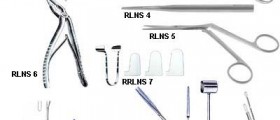
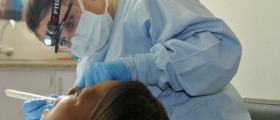








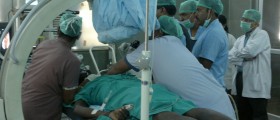
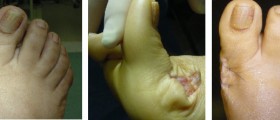
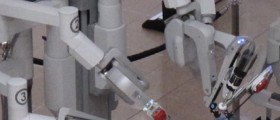
Your thoughts on this
Loading...